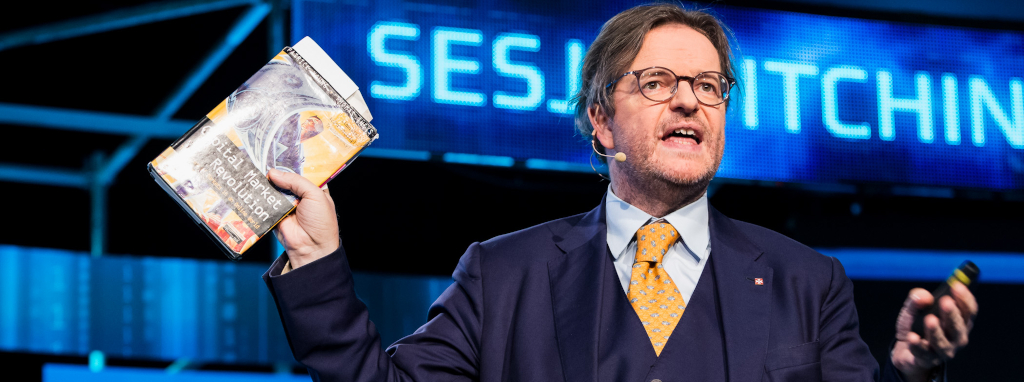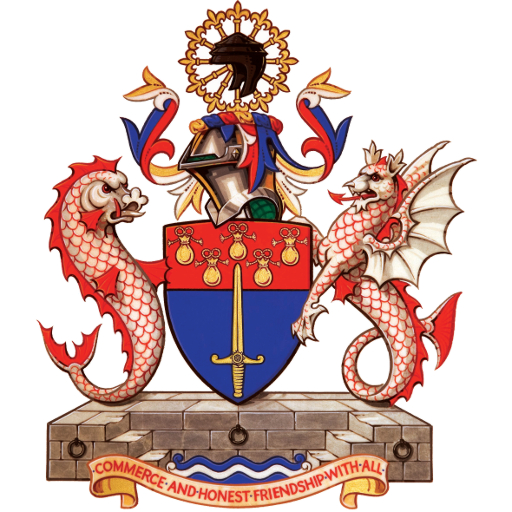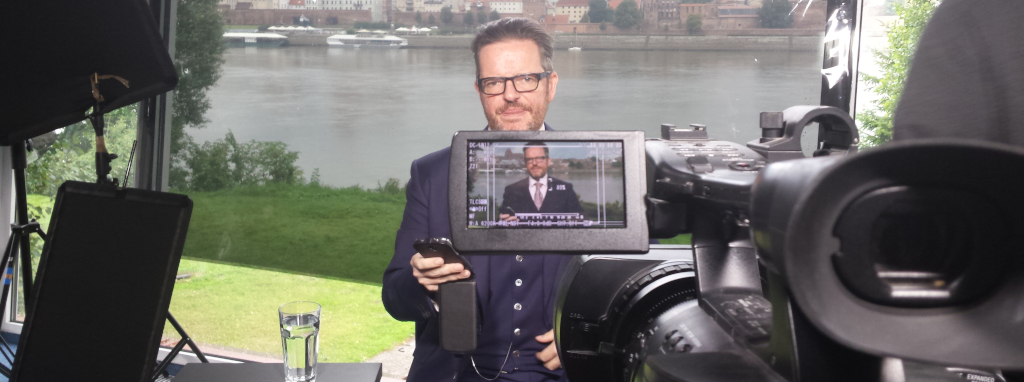Flu-conomics: Post Pandemic World Trade, was a webinar by entrepreneur and author Patrick Young, focusing on a fast-moving post-Covid situation.
Speaking to an audience of World Traders on video conference from Valetta in Malta, Patrick opened his address by explaining that 2020 will include shocks to health, the economy, finance and sovereign debt.
Author of the original bestselling book about Fintech, Capital Market Revolution! (Financial Times 1999), Patrick’s latest book, Victory or Death! discusses blockchain, cryptocurrency and more at the apex of the future of finance and the digital world.
A seasoned entrepreneur since his schooldays, Patrick has been involved in online commerce since 1994 He is a former stock exchange CEO (SIBEX, Romania), and has sat on many boards including tech companies, private equity funds and chairing the Blockchain Malta Association. He publishes the bourse business newsletter Exchange Invest and has considerable experience of emerging markets particularly in Asia and Eastern Europe. He lives in Malta.
Patrick argued that the governments of the world will be unable to continually support the difficulties that will be encountered during the Covid recovery.
There are challenges in understanding whether recovery will be a V shaped and whether we are ‘on the way up’. Recommissioning and recovery will take time. There will be, as Patrick put it, ‘Massive Zombie Company Overhang’. Many companies have been held together for a long time when there is no coherent business rationale. In the Eurozone, banks do not have logical business structures.
The companies going through administration or bankruptcy in the US include Brooks Brothers, Cinemex Holdings, Diamond Offshore Drilling, Whiting Petroleum, JC Penney, J Crew and Neiman Marcus. Diamond Offshore and Whiting are connected to the petroleum sector which is under considerable strain. There is a wave of nationalisation taking place to support national carriers in order to prevent issues with the continuing viability of airlines.
Patrick showed charts that demonstrated the huge number of rental arrears in the US from March to June, affecting both tenants and landlords.
He discussed the length of time that a population remembers an infectious disease which has rocked the world. Most people don’t remember that a million people died from a flu pandemic in 1968, or the pandemic of 1957. The Spanish Flu pandemic of 1919 is a distant memory. How quickly do we regain confidence and start to travel again? In the context of world trade, the global GDP per capita in dollars since 10,000 BC shows a huge increase since the late eighteenth century due to the industrial revolution and commoditisation.
Physical trade routes have suffered due to the pandemic and this has affected the movement of gold which is air freighted. Digital trade routes are supported by cabling and these are more successful in the current environment. Energy trade routes are still functioning; the EU has found it easy to transmit energy within its borders due to the small size of Europe.
Points to ponder include: digital innovation by stealth! (The pandemic has pushed forward digital meetings.) Economy recovery is taking time, not just with difficulties between the US and China but also in Serbia. This has led to a debate about ‘near shoring’ which will include protectionist policies, especially where it relates to medicines and personal protective equipment.
All in all a fascinating talk which was accompanied by some great questions from the floor.


